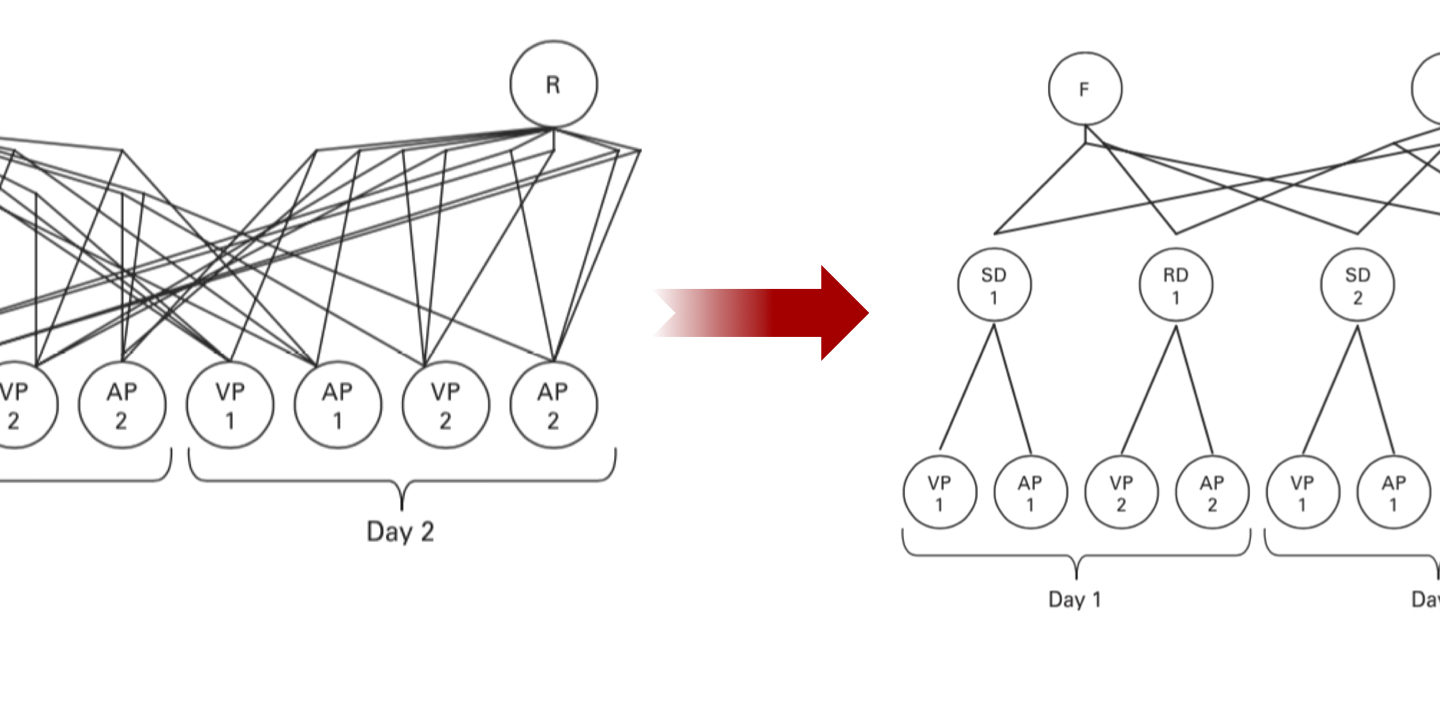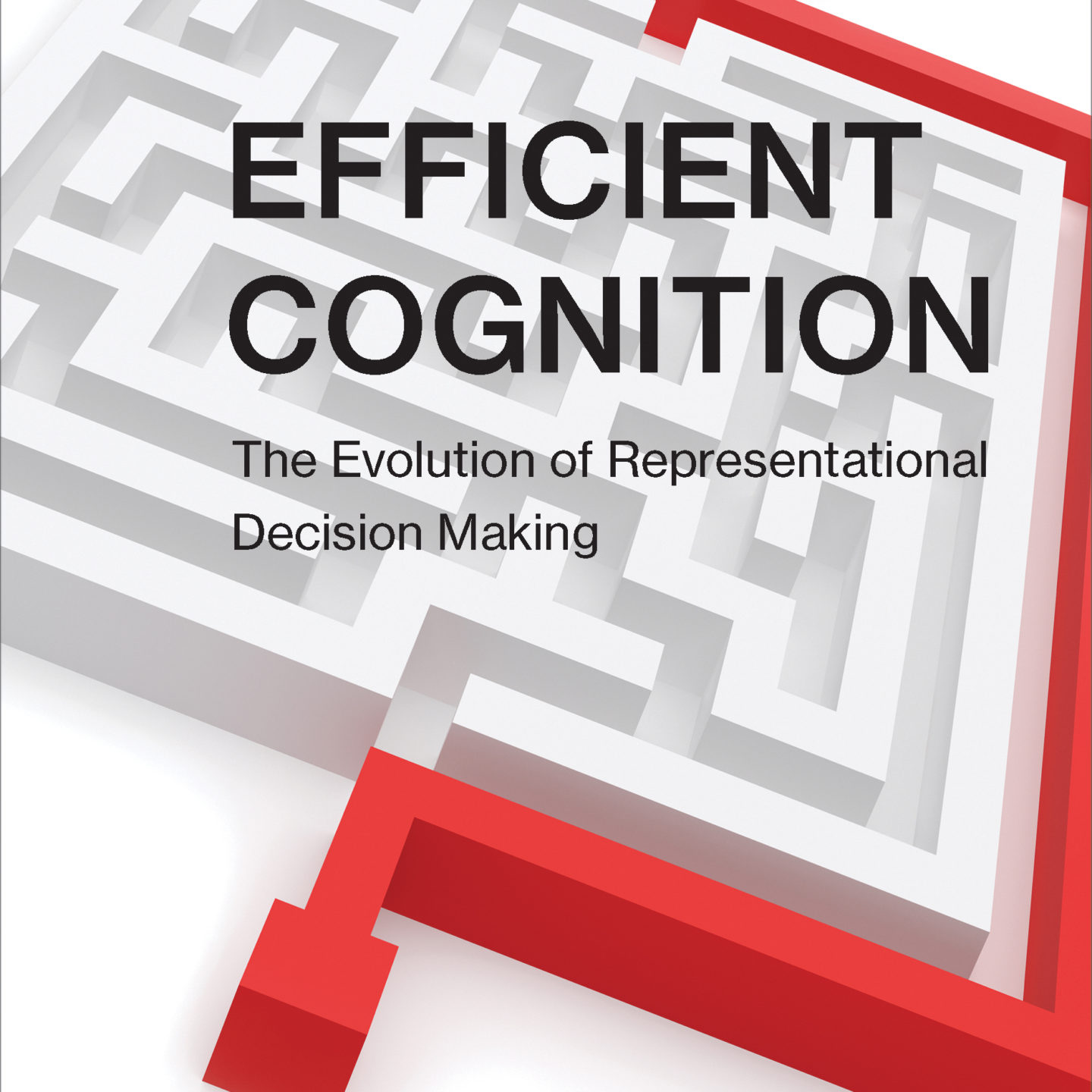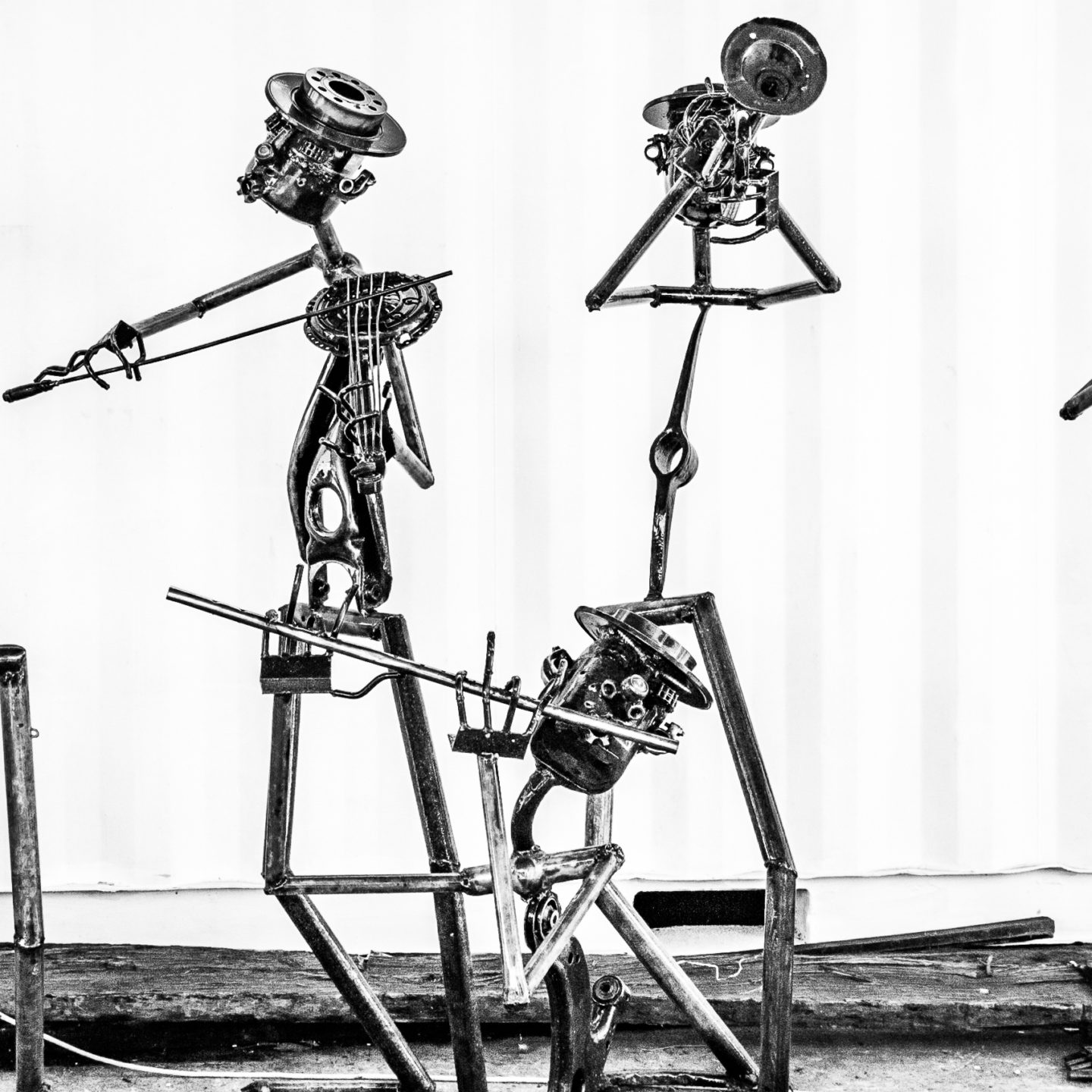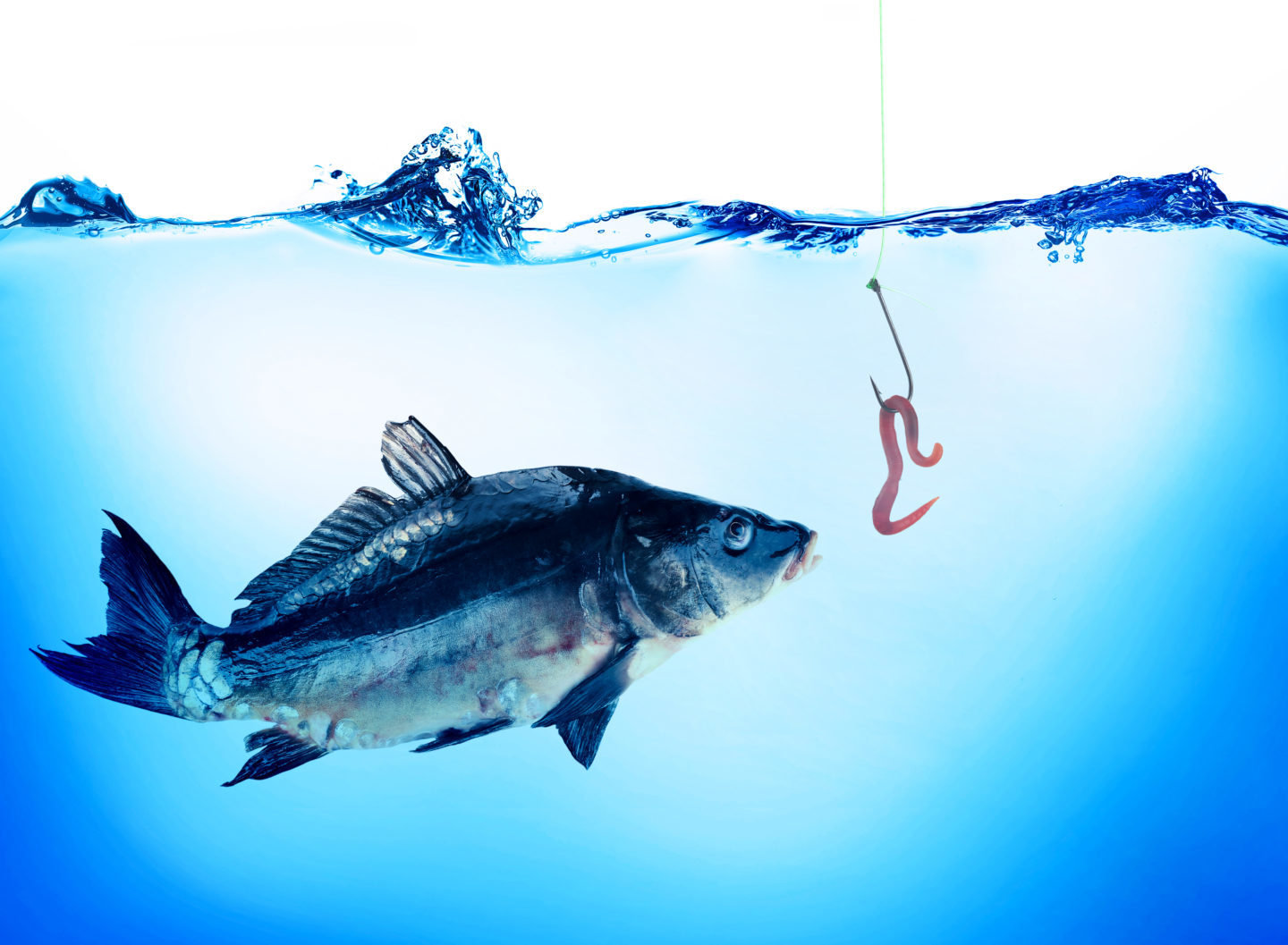The Evolution of Representational Decision Making
Why did some organisms switch from relying just on reflexive—i.e. purely perceptually-driven—interactions with the world to also employing the tools of representational decision making? What adaptive and other benefits does the reliance on representational decision making yield? Today, I sketch aspects of the answers to these questions; for more details, …







